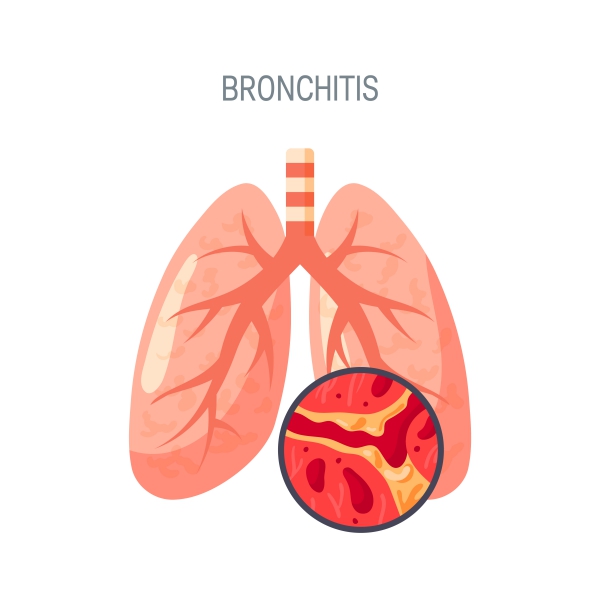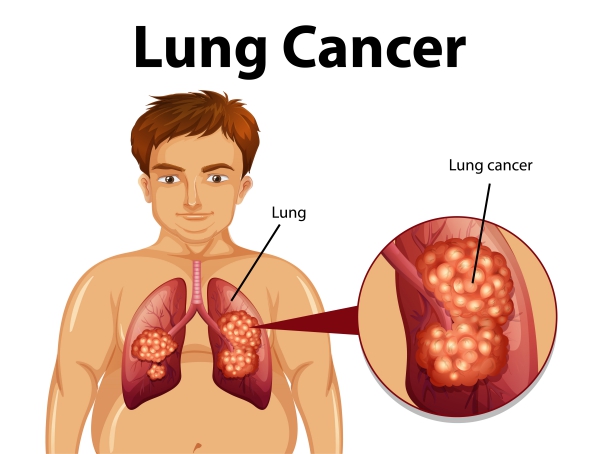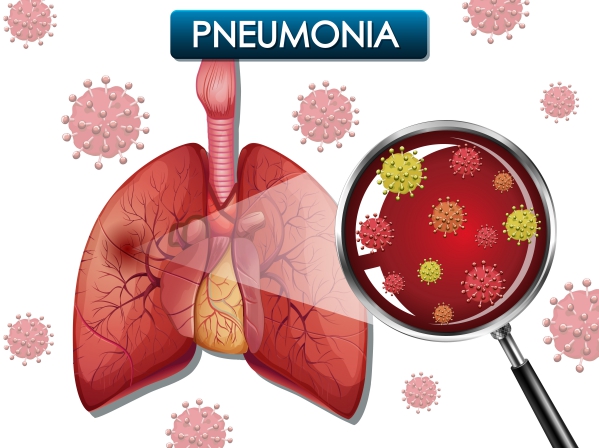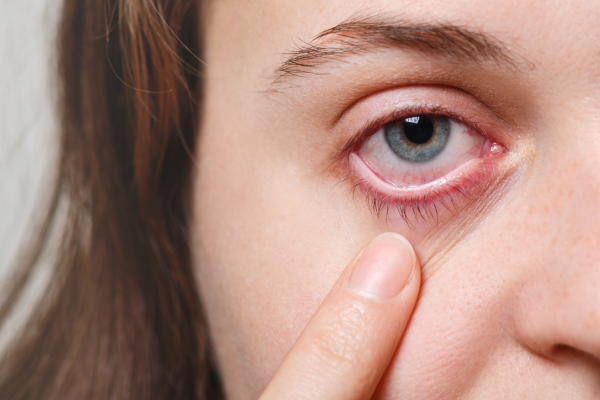Acute bronchitis, Respiratory disorder, Inflammation, Cough
Description : Air reaches your lungs through the trachea (windpipe) and when it becomes inflamed, this condition
Article Details :
What is bronchitis?
Air reaches your lungs through the trachea (windpipe) and when it becomes inflamed, this condition is known as bronchitis. There is often mucus build-up inside the windpipe which causes cough; as an effort to remove it. Fever and shortness of breath are often associated with acute bronchitis.
In the United States, more males are affected than females. In addition, acute bronchitis mostly occurs during winter times.
Bronchitis can be mainly divided into 2 main categories:
- Acute bronchitis: it last for less than 10 days and affects mostly children under the age of 5. However, the cough may persists for several weeks
- Chronic bronchitis: It is often a recurrent disease, lasting for several weeks and usually affects people above the age of 50. In addition, it is a more serious condition which is often due to cigarette smoking
While chronic bronchitis is not contagious, acute bronchitis is. It can be spread when you cough, sneeze and talk.
What causes acute bronchitis?
Acute bronchitis is most commonly caused by a virus; usually the same virus which causes colds and flu (influenza virus). Some bacteria and environmental factors may also contribute to the development of acute bronchitis:
- Viral infection: 95% of acute bronchitis is caused by a virus in adults. The causative pathogen is often the influenza virus from the orthomyxoviridae family
- Bacterial infection: bacteria rarely causes acute bronchitis, which results from mycoplasma pneumoniae, bordetella pertussis (causes whooping cough) and chlamydia pneumoniae infections
- Environmental factors: irritants such as chemical fumes and smoke can cause inflammation in your windpipe, leading to acute bronchitis
What are the risk factors of acute bronchitis?
There are many factors which contributes to the development of acute bronchitis and these include:
- Weakened immune system either due to medications or illness
- Cigarette smoking (including passive smoking)
- Gastro-oesophageal reflux disease (GERD)
- Old age (above the age of 50)
- Exposure to chemical fumes or any other airborne irritants
- No vaccination done for flu and whooping cough
Signs and symptoms of acute bronchitis
Symptoms of acute bronchitis greatly resembles that of a flu or cold and these may include:
- Cough: the cough is often dry at first which becomes progressively productive (produce mucus). This is usually the most common symptom which may last from 10 days to 3 weeks. The colour of the mucus may change from white to yellow or green, not necessarily giving a clue whether it is caused by a virus or bacteria but rather indicating that the immune system is working and getting rid of the pathogens
- Sore throat
- Sneezing
- Wheezing (a whistling sound heard during exhalation or breathing out)
- Tiredness
- Muscle ache
- Fever
- Headache
- Back ache
There are symptoms which may indicate that your condition is severe requiring immediate medical attention and these are:
- Barking cough (croup)
- Shortness of breath
- Unexplained weight loss
- Mucus stained with blood
- Chest pain
- Low grade fever (> 38°C)

Making a diagnosis
Acute bronchitis is diagnosed by firstly taking a good history. During this exercise, your doctor will enquire in detail about your symptoms and some of the questions are listed below:
- Whether you are coughing?
- Is the cough productive or not?
- What is the colour of the mucus?
- When do you cough more?
- Are there any fever episodes?
- Any difficulty breathing?
- If you have a recent flu or cold?
- Do you have any chest pain?
- Are you a smoker?
After the history taking, your doctor will proceed to a physical examination. Your doctor will listen to your lungs for wheezing, check your body temperature for fever and inspect your general condition to assess the severity of the disease.
A chest X-ray is often prescribed whenever the diagnosis of acute bronchitis is uncertain. This will enable your doctor to know if you have pneumonia (chest infection). Blood tests and cultures are sometimes ordered to rule out other infections which may be present in addition to bronchitis.
Treatment of acute bronchitis
Treatment of acute bronchitis is generally focused on alleviation of symptoms:
Home remedies
A humidifier can help to create moisture in the air which will help to loosen the mucus found in your trachea (windpipe), making it easier to be expelled out via coughing. In addition, drinking plenty of fluids may help to thin out the mucus, enhancing airflow. Ginger is a natural anti-inflammatory agent which can be added into drinks such as tea or hot water to soothe your windpipe. Read more






















